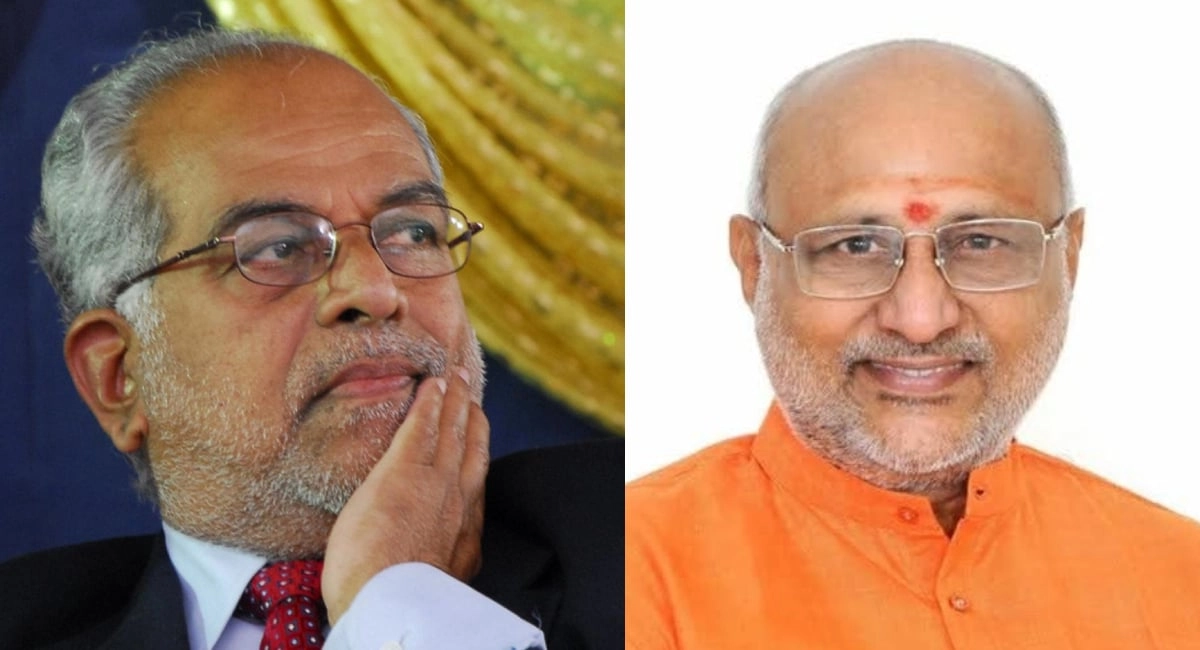Raj Thackeray’s provocative statement regarding L.K. Advani’s educational background has sparked a considerable debate within Indian political circles. By highlighting that Advani attended a missionary school, Thackeray raises questions about the authenticity of the BJP leader’s commitment to Hindutva, the ideological cornerstone of his party. This assertion is not just a personal attack; it reflects a broader narrative that seeks to scrutinize the cultural and ideological loyalties of political figures, especially those who wield significant influence in shaping national identity.
The implications of Thackeray’s comments extend beyond Advani as an individual; they touch upon the larger discourse surrounding Hindutva and its intersection with education, identity, and political allegiance. The fact that a prominent Hindu nationalist leader was shaped in an environment associated with Christian missionary education invites scrutiny of how personal backgrounds influence political ideologies. Thackeray’s remarks suggest that those who have been educated in institutions with diverse religious backgrounds may struggle to embody the ideals of Hindutva authentically, which could lead to a reevaluation of how political figures are perceived based on their formative experiences.
Moreover, this controversy underscores the complexities of Indian politics, where ideological purity is often contested. The notion of Hindutva is not monolithic; it encompasses a range of beliefs and practices that have evolved over time. Thackeray’s challenge to Advani’s Hindutva can be seen as part of a broader ideological struggle within the Hindu nationalist movement, where questions of authenticity and loyalty are ever-present. This discourse not only highlights the internal dynamics of the BJP but also illustrates how political narratives are constructed and deconstructed in the public sphere, often leading to tensions among various factions.
In conclusion, Raj Thackeray’s remarks serve as a reminder of the intricate relationship between personal history and political ideology in India. As the nation grapples with its identity in an increasingly polarized environment, such discussions will likely continue to shape the political landscape. The questioning of Advani’s Hindutva based on his educational background reflects a deeper desire among some factions to ensure that political leaders remain true to the foundational ideologies they profess. Whether this scrutiny will have lasting implications for Advani or the BJP remains to be seen, but it undeniably fuels the ongoing conversation about identity, education, and political fidelity in contemporary India.




